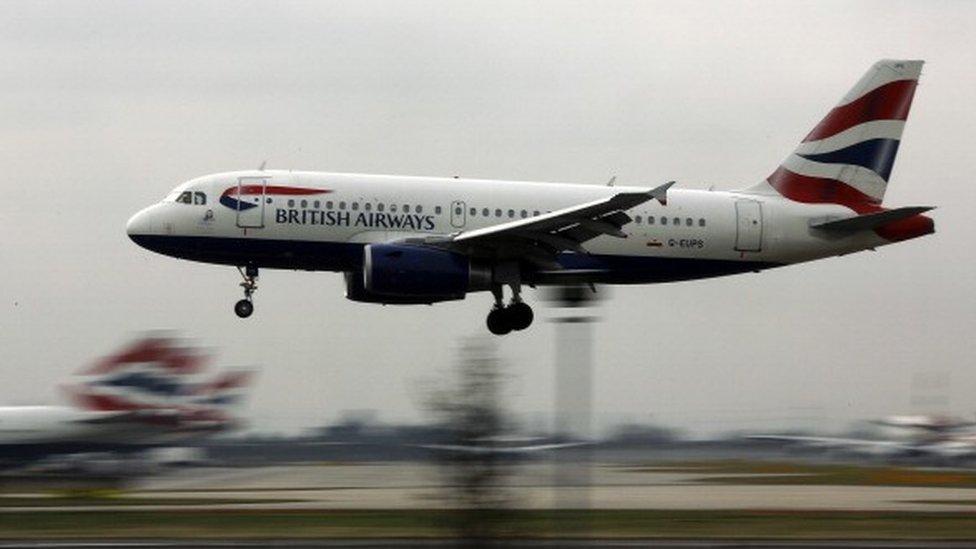UK economic growth sped up ahead of Brexit vote
- Published
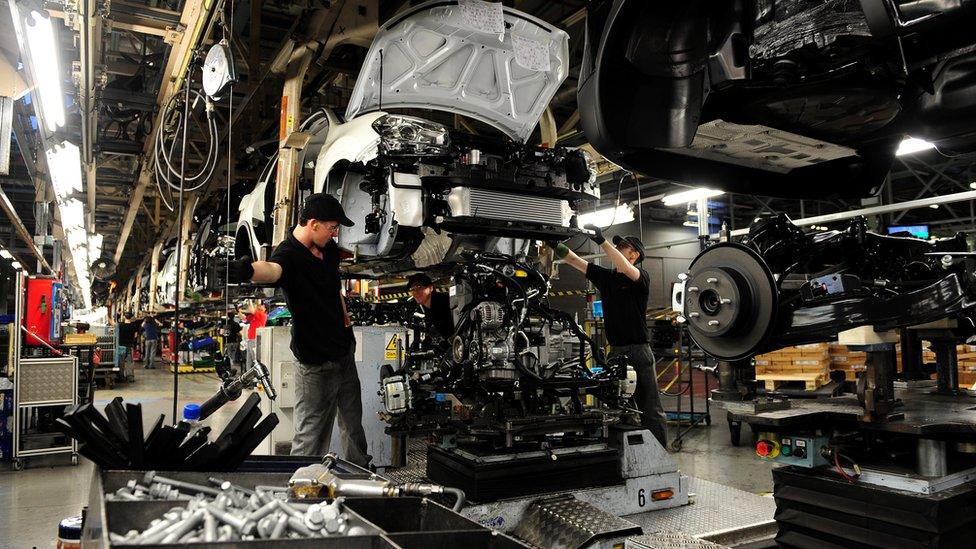
The UK economy grew by 0.6% in the three months to the end of June, as economic growth accelerated in the run-up to the vote to leave the EU.
Second-quarter gross domestic product grew faster than expected, up from 0.4% growth in the previous quarter, the Office for National Statistics said, external.
Any uncertainty ahead of last month's referendum seemed "limited", ONS said.
However, by far the strongest growth was in April, followed by a sharp easing off in May and June.
On a yearly basis the economy grew by a healthy 2.2%.
The pick-up in economic activity was boosted by the biggest upturn in industrial output since 1999, particularly from car factories and pharmaceutical firms.
'Position of strength'
ONS chief economist Joe Grice said that as well as the industrial gains, there was also "strong growth across the services sector, particularly retailing".
"Any uncertainties in the run-up to the referendum seem to have had a limited effect," he said. "Very few respondents to ONS surveys cited such uncertainties as negatively impacting their businesses."
Economists, including those at the Bank of England, had estimated second-quarter growth would be about 0.5%.
Chancellor Philip Hammond said the better-than-expected figures showed the fundamentals of the UK economy were "strong".
"It is clear we enter our negotiations to leave the EU from a position of economic strength," Mr Hammond said.
But he also told the BBC's economics editor Kamal Ahmed it was "far too early to say how the economy is responding" to the referendum result.
John McDonnell, Labour's shadow chancellor, said the figures bore little relation to the economic position of workers.
"Today's GDP figures provide a stark contrast with the grim news on real earnings which remain 10% below their 2007 level," he said.
"The Tories' failed austerity policy has produced a lost decade for earnings with ordinary households experiencing the worst decline in living standards in living memory."
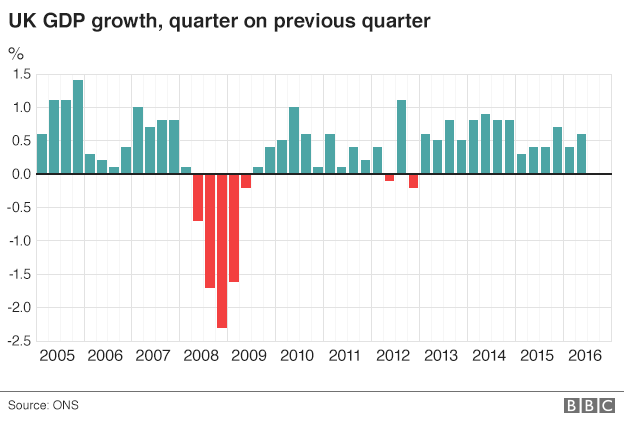
Industrial output, including manufacturing, grew by 2.1% in the quarter. The services sector, the largest part of the UK economy, grew 0.5%, while construction and agriculture fell 0.4% and 1% respectively.
In April industrial production jumped 2.1% month-on-month, but then dropped 0.5% in May and rose only 0.2% in June.
Services also started the quarter strongly, rising 0.6% in April, before dropping 0.1% in May and growing by only 0.1% in June.

Analysis: Kamal Ahmed, BBC economics editor
Looking in the rear view mirror doesn't always tell you much about the road ahead.
And that is essentially what today's second quarter economic growth figures are about - a health check on the road behind us, not a snap shot of the here and now.
Care does need to be taken with these figures.
Firstly, they are only an initial assessment, and the data towards the end of the quarter will only be firmed up once the "revisions" are published over the next few weeks.
What estimates we do have suggest that activity did fall off through May and June as the referendum approached.
Second, the figures do not contain much information on what has happened to the economy following the June 23 vote.
And certainly some of the data published since then have been pretty gloomy.

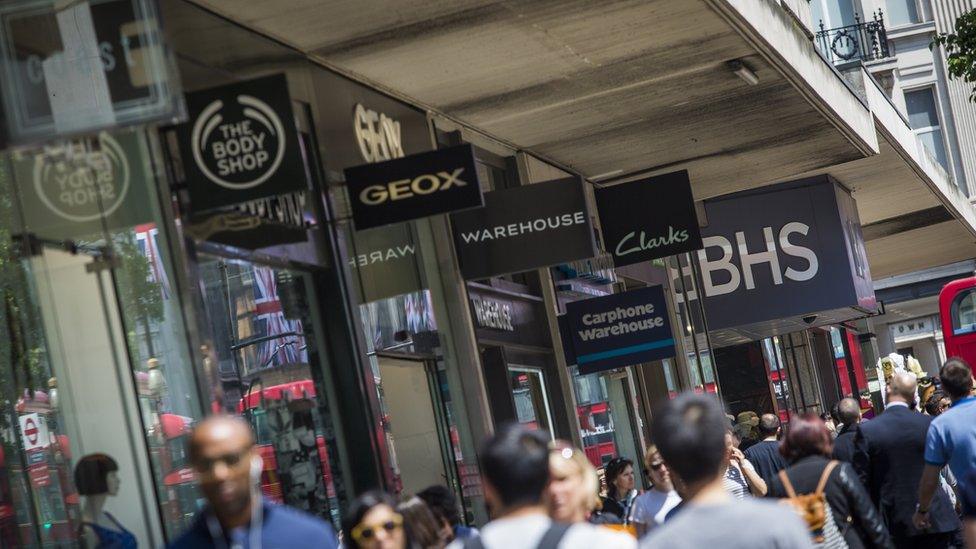
'Brexit concerns'
Analysts and business groups warned against using the second-quarter figures - which only included estimates of one week following the 23 June referendum - to measure the impact of the Brexit result.
It is "far too soon to draw firm conclusions" about the UK's future growth prospects, the British Chambers of Commerce (BCC) warned.
"The significant contribution made by the manufacturing sector is particularly encouraging, but the improvements were from a low base, and the UK economy remains reliant on the service sector to drive growth," the BCC said.
Ben Brettell, a senior economist at Hargreaves Lansdown, said the GDP figures "can't be taken as evidence of the current climate".
"However, what they do show is an absence of pre-Brexit concerns, meaning that if the forecast downturn does materialise, at least we start from a position of relative strength," he said.
'Bogeyman'
A snapshot of the economy in the weeks after the referendum - from the closely-watched Purchasing Managers Indexes (PMIs) - suggested there had been a sharp fall in economic activity following the Leave vote.
The economy seems to be heading towards a "significant deterioration" in the second half of 2016, according to the National Institute of Economic and Social Research.
Connor Campbell, an analyst at Spreadex, agreed, saying: "Just because predictions of a slowdown pre-referendum appear to have been false, last week's early glimpse at the Markit PMIs shows that the post-Brexit impact is in no way a bogeyman conjured by bitter Vote Remainers."
A separate survey released on Wednesday suggested that retail - one of the growth sectors in the second quarter - has suffered following the referendum.
Retail sales volumes have declined more rapidly in July than at an time in the last four years, according to a survey by the CBI, external.
- Published27 July 2016
- Published27 July 2016
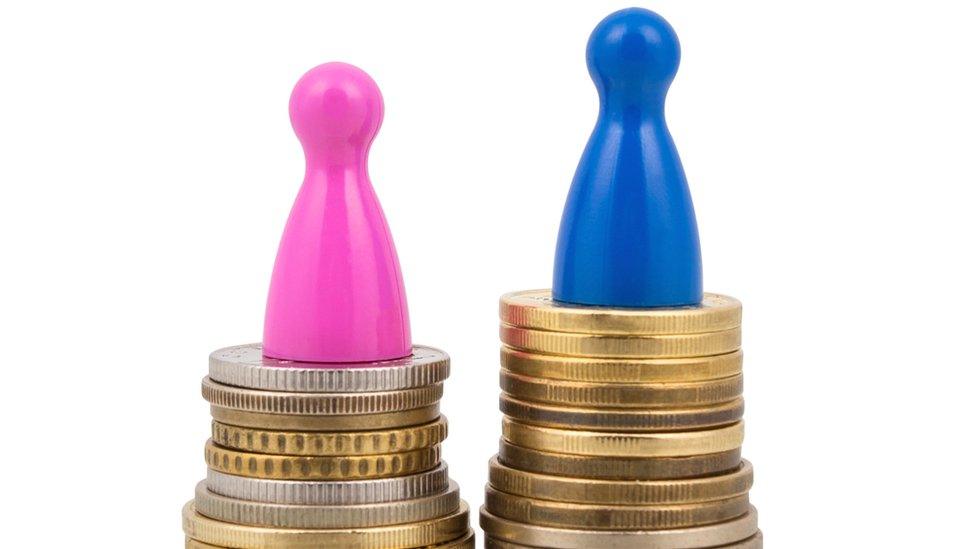
- Published27 July 2016
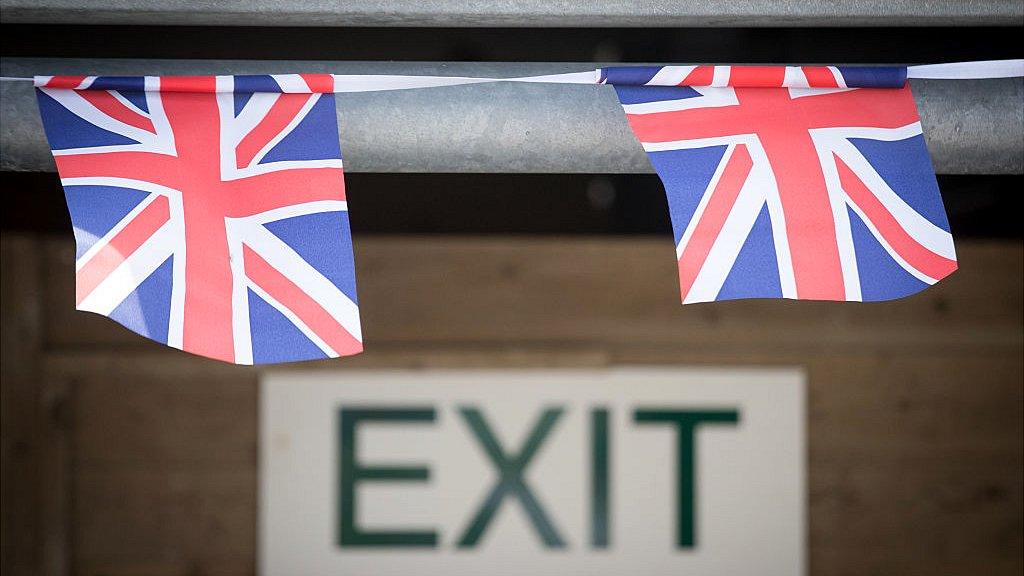
- Published20 July 2016
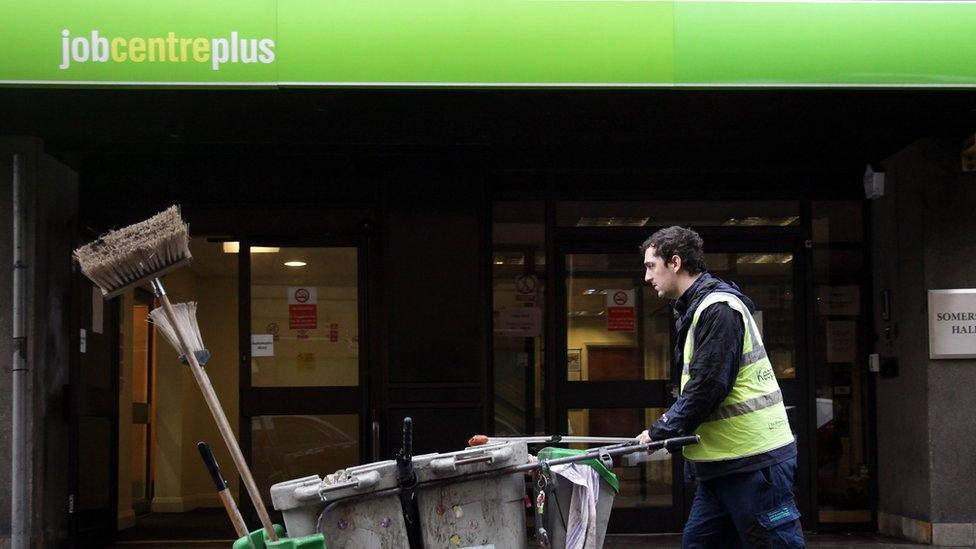
- Published19 July 2016
